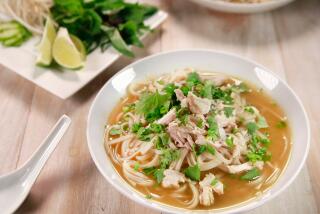Elusive echinacea
Herbal remedies are a multibillion-dollar business in the United States, and 10% of the sales are for echinacea, an herb that is thought to stimulate the immune system. Consumers take it in an attempt to prevent the common cold or relieve its symptoms but, a new study concludes, most of them are not getting what they pay for.
In a study of 59 echinacea-only preparations purchased in the Denver area, six of the bottles of capsules, tablets, liquids, powders or granules didn’t contain any echinacea and only about half of the products contained the species listed on the label. Knowing the species is important because, according to studies done in Germany (where herbal medicines are covered by insurance), various species differ in their action. For instance, the Echinacea purpurea plant may reduce the severity of cold symptoms and, when taken preventively, may decrease the number of colds. The root of Echinacea pallida is used to shorten the duration of cold symptoms. There’s still disagreement about what the third species, Echinacea angustifolia, does.
Also, samples of standardized products were no more likely to contain the species or the amount stated on the label than nonstandarized products. Of the 21 standardized preparations, only nine met the quality standard described on the label.
The lead author, Dr. Christine Gilroy, an assistant professor of medicine at the University of Colorado Health Sciences Center, was prompted to do the research because she couldn’t get what she needed for a study of Echinacea pallida.
“One batch had the wrong species and almost unmeasurable content. The other two batches were contaminated with other species,” she says.
The study was published in the March 24 issue of the Archives of Internal Medicine.
*
Dianne Partie Lange can be reached at [email protected]

